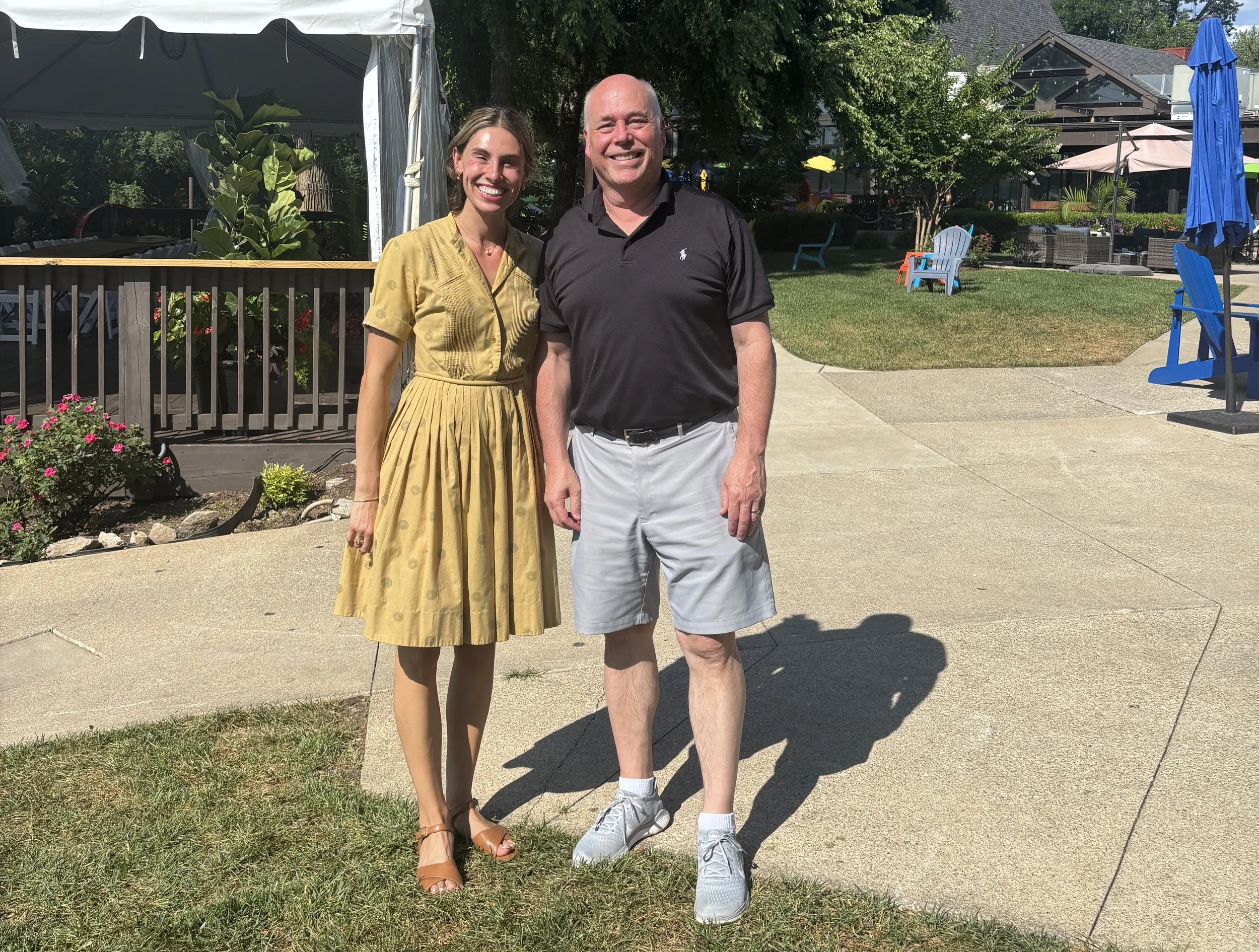Kentucky’s Equal Custody Law Shows Why America Needs Shared Parenting Presumptions
The Wall Street Journal recently spotlighted Kentucky’s groundbreaking equal custody law in an article titled “The Equal-Custody Experiment.” The piece confirms what advocates of shared parenting have long known: children benefit when both parents are fully involved in their lives, and families are stronger when courts presume that mothers and fathers share custody equally.
A National Model Born in Kentucky
In 2018, Kentucky became the first state to make equal shared parenting the legal starting point in custody cases. This reform was not handed down from above—it was won by parents like Rob Holdsworth, who knew firsthand the heartbreak of being reduced to an “every-other-weekend” parent despite living close to his children. He and other advocates, working with National Parents Organization leaders like Matt Hale, who wrote the first draft of the bill, persuaded lawmakers that fairness for children required both parents to be treated as equals.
The result was a historic law that has since inspired Arkansas, West Virginia, Florida, and Missouri to follow suit, with about 20 more states considering similar bills. This has the potential to impact millions of families. “There is no law that affects more people other than taxes or traffic,” according to Matt Hale of NPO.
Real Results: Stronger Families, Lower Divorce
The WSJ reports that since Kentucky enacted equal custody, the state’s divorce rate has fallen by 25% between 2016 and 2023, outpacing the national decline of 18%. Why? Because when parents know that separation does not mean losing their children, they have more incentive to cooperate, reconcile, or at the very least, treat each other with mutual respect.
Shared parenting reduces conflict and feelings of abandonment, strengthens gender equality, and provides children with the stability of two loving, present parents. These are not abstract theories—they are lived experiences backed by data.
Answering the Critics
Opponents of equal custody raise concerns about domestic violence. But as Hale reminds us, Kentucky’s law includes robust safeguards: if a parent is under a domestic violence order, the presumption of equal custody is automatically overturned. Judges retain full discretion to protect children in unsafe situations.
Judge Mica Wood Pence, who applies the law daily, puts it best: “The way to counter concerns is not to make bad laws for everyone else. You can’t set up laws for all families that are based upon the worst circumstances.”
In other words, protecting victims of abuse and protecting children’s rights to both parents are not mutually exclusive goals. We can and must do both.
Families Thriving Under Shared Parenting
The WSJ also highlights families who are thriving under equal custody. Fathers like Holdsworth and Jordan Pyles describe finally being able to participate meaningfully in their children’s daily lives, rather than watching childhoods slip away. Mothers like Ashlyn Harrell, initially nervous, now say shared parenting has worked “smoothly for the most part” and allowed them to truly co-parent.
And most importantly, children like 11-year-old Brileigh say they feel lucky compared to friends who don’t get equal time with both parents. “It’s probably not having to miss out on seeing one side of my family for so long,” she told the Journal.
The Call to Action
Kentucky has proven what equal shared parenting advocates have been saying for decades: children need both parents, and presuming shared custody benefits kids, families, and society.
The momentum is building. With nearly two dozen states considering similar reforms, now is the time for parents, grandparents, and all who care about children’s well-being to contact their legislators. Ask them to look at Kentucky’s success. Ask them to recognize that shared parenting is not just fair—it is common sense.
No child should grow up with one parent sidelined by outdated custody laws. Kentucky’s “equal-custody experiment” is no experiment at all—it is the future, and it works.

